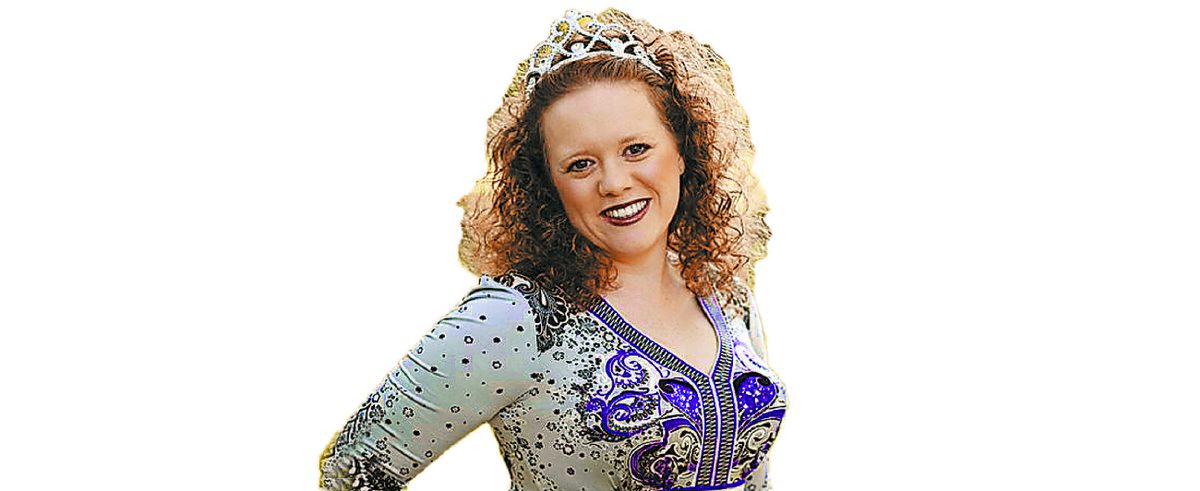I’ve only visited the ocean a handful of times. However, each lucky chance I get to breathe in the salty air and sink my toes into the wet sand, I’m blown away by its enormity.
As the waves rhythmically roll in and out, I feel so small in the natural order of this world. After all, one powerful whoosh of the water could pull my feet out from under me and my body out to sea. Yet, nanoscopic atoms of hydrogen and oxygen – much smaller than me – create every drop.
The grains of sand underneath my feet awaken the same sense of awe. Knowing that those tiny particles create a floor for not only the beach but also the entire ocean stretches my heart and mind. After all, the minuscule specks on their own don’t seem so grand. But collected together, the sand becomes a foundation for plant and animal life, not to mention a comfy platform for grateful vacationers.
Grains of sand and drops of water on their own don’t seem powerful. But gathered together, their collective efforts pack a punch. In the same way, our daily habits may appear small and inconsequential. However, repeated intentional efforts, no matter how small, can create positive change in our lives and the world.
The following tiny money habits on their own may not seem like that big of deal. But when consistently applied along with other small habits, they create enormous waves in your finances.
Consistently using coupons
I love a good bargain. But a good bargain can become a great one with just one extra step. More often than not, you can find a coupon to pair with a sale or items you purchase on a regular basis. It behooves you to do at least a basic internet search to see what might be available when you’re in the mall, at your favorite restaurant, or booking services for your home. While you don’t have to employ extreme measures, you should always be on the prowl for coupons to help reduce your costs.
Keeping a “to buy” list
Living within our means proves tough when we recognize a need but we don’t have the cash to cover the expense. For this reason, it’s wise to keep a “to buy” list. You may not be able to run out and purchase a new pair of shorts or towels immediately, but when you have more resources on hand, you’ll have a prioritized hit list to keep you from whittling away extra dollars. In the meantime, you’ll stretch your creativity to make your current items last longer or work around them.
Skipping consumables
We live in a disposable society. We can buy throw-away versions of nearly every product in our cabinets. While convenient and sometimes unavoidable, we don’t necessarily “need” these items. Limiting the number of plastic or paper goods we purchase greatly impacts our finances not to mention the planet. Purchasing a high volume of these products results in literally throwing away money.
Transferring money out of checking
Behavioral economists have dubbed dividing a whole sum into smaller parts to keep from consuming it all the “partitioning effect.” Typically, humans stop to think about the greater impact of their choices when breaking down an entire grouping – like a box of cookies into smaller bags. This proves especially true when it comes to money. When we parse out our funds into smaller manageable pieces, we tend to spend less. To capitalize on this principle, make a regular habit of transferring set percentages of cash out of your checking account and into smaller savings accounts to help you reach your goals.
When you leave a larger sum in your account, it’s more likely to “disappear” without you realizing where it went. But, when you move those same dollars into either physical envelopes or digital online envelopes, you’re less likely to fritter away the money.
Planning your meals
Nothing sinks a budget faster than dining out. In the past three years, Americans officially crossed the threshold of spending more on average at restaurants than at the grocery store. This in part is a result of rising restaurant prices coupled with stable and even dropping grocery prices.
Not having a plan for your meals increases your chances of overspending both at restaurants and grocery stores. After all, we all need to eat on a regular basis. Waiting to decide what to do until you’re hungry is a recipe for financial (and probably nutritional) disaster. Planning your meals makes sure you use the goods already in your home, wasting less food and money.
Each day, we make thousands of decisions. Some researchers place the total number at a whopping 35,000. Most of those choices seem small and without consequence. And yet, coupled together those minor, independent commitments make us who we are.
What seems tiny — over time — becomes a force to be reckoned with. When we pause to contemplate the greater picture, we realize the complexity of our actions and how they can drive or destroy our lives. Harnessing our choices for our own financial good can leave us awed at the power of miniature, healthy habits.





